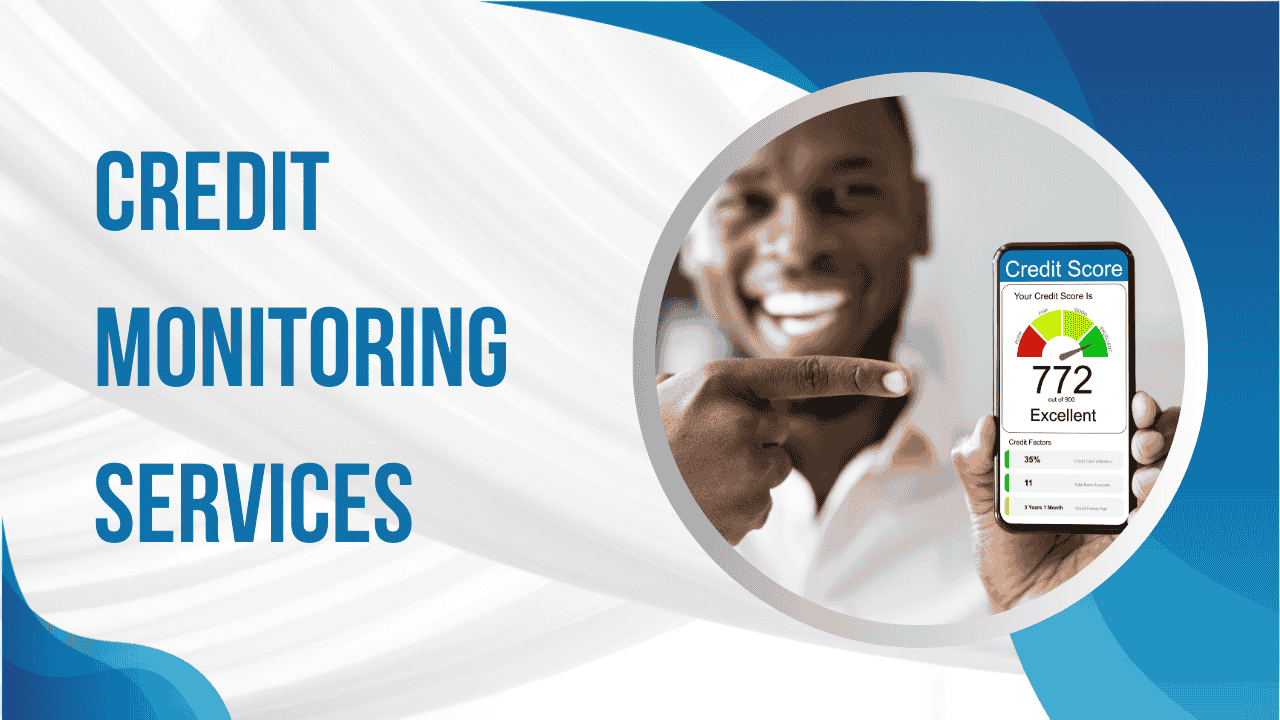Credit Monitoring Services: Are They Worth It?
In today’s digital age, the topic of credit monitoring services often sparks considerable debate. With identity theft and financial fraud on the rise, individuals are increasingly vigilant about their financial health. Enter credit monitoring services: tools designed to help you keep tabs on your credit reports and scores. But the question remains—are they worth the investment? This blog delves into the functionality of credit monitoring services, their benefits, potential drawbacks, and ultimately whether they justify their cost.
Understanding Credit Monitoring Services
Credit monitoring services keep an eye on your credit reports from the major credit bureaus—Experian, Equifax, and TransUnion. These services notify you of significant changes, such as new accounts, hard inquiries, and fluctuations in your credit score. The idea is to provide early warning signs of suspicious activity, allowing you to act quickly to mitigate potential damage.
The Benefits of Credit Monitoring Services
- Early Detection of Fraud: One of the primary benefits of credit monitoring services is the early detection of fraudulent activities. By receiving alerts for new accounts or hard inquiries, you can quickly identify unauthorized actions and take steps to address them before they escalate.
- Convenience: Regularly checking your credit reports manually can be tedious and time-consuming. Credit monitoring services automate this process, providing peace of mind without the need for constant vigilance.
- Comprehensive Monitoring: Some credit monitoring services offer comprehensive monitoring that includes public records, dark web monitoring, and social security number tracking. This broad surveillance can provide additional layers of protection against identity theft and fraud.
- Credit Score Tracking: These services often provide regular updates on your credit score, allowing you to monitor your financial health and make informed decisions when applying for loans or credit.
- Identity Theft Insurance: Many credit monitoring services come with identity theft insurance, covering costs related to restoring your identity, such as legal fees and lost wages. This can be a valuable safety net if you fall victim to identity theft.
Potential Drawbacks of Credit Monitoring Services
- Cost: Credit monitoring services can be expensive, with monthly fees ranging from $10 to $30 or more. For some, this cost may outweigh the benefits, especially if they have never experienced identity theft.
- Limited Prevention: While these services can alert you to potential fraud, they do not prevent it. You still need to take proactive steps to secure your personal information and respond to alerts promptly.
- Availability of Free Alternatives: Many credit card companies and financial institutions offer free credit monitoring services. Additionally, you are entitled to a free credit report from each of the major credit bureaus once a year through AnnualCreditReport.com. These free options can provide similar benefits without the associated costs.
- False Sense of Security: Relying solely on credit monitoring services can give a false sense of security. It’s essential to remain vigilant and employ other security measures, such as strong passwords and regular account reviews.
Are Credit Monitoring Services Worth It?
The worth of credit monitoring services ultimately depends on your individual circumstances and preferences. Here are a few scenarios to consider:
You May Benefit from Credit Monitoring Services If:
- You Have Been a Victim of Identity Theft: If you have previously experienced identity theft, credit monitoring services can provide the added protection and peace of mind you need.
- You Have High-Risk Factors: Those with high-risk factors, such as frequent online transactions, data breaches involving their information, or extensive use of credit, may find value in the added vigilance provided by these services.
- You Want Comprehensive Protection: If you seek a more comprehensive approach to monitoring your financial health, including dark web monitoring and identity theft insurance, a paid service might be worth the investment.
You May Not Need Credit Monitoring Services If:
- You Prefer DIY Monitoring: If you are diligent about regularly checking your credit reports and financial statements, you may not need the added expense of a credit monitoring service.
- You Utilize Free Options: Many free credit monitoring options are available through financial institutions and services like AnnualCreditReport.com. These can provide similar benefits without the cost.
- You Have Low-Risk Factors: If you rarely use credit or conduct online transactions, and you maintain strong security practices, the likelihood of identity theft may be lower, reducing the necessity for paid monitoring services.
Conclusion
Credit monitoring services offer valuable tools for protecting your financial health, but they are not a one-size-fits-all solution. Weighing the benefits against the costs and considering your personal risk factors can help you determine whether these services are worth it for you.
In a world where data breaches and identity theft are becoming increasingly common, taking steps to protect your credit is essential. Whether you choose a paid credit monitoring service or opt for free alternatives, staying informed and vigilant is key to maintaining your financial well-being. Remember, while credit monitoring services can be a helpful addition to your security toolkit, they should complement, not replace, other proactive measures you take to safeguard your personal information.






